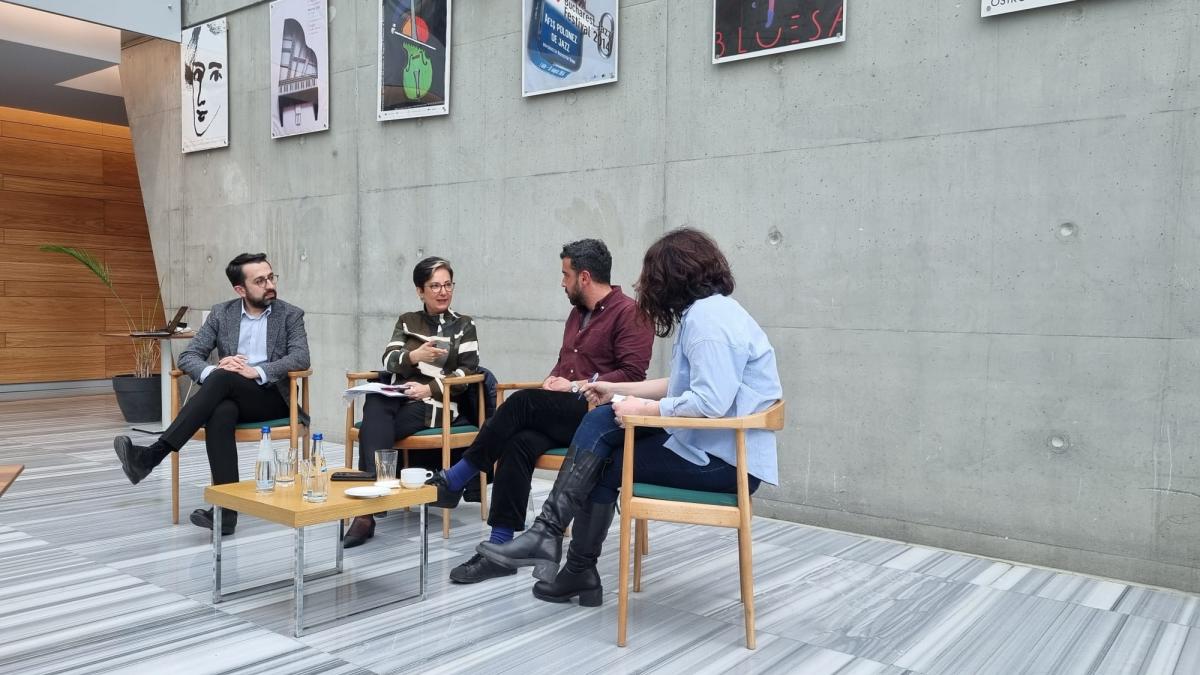
In the meeting facilitated by Ezgi Koman from FISA Child Rights Center, we came together with Evren Aydoğan from Needs Map, Ayşegül Yalçın Eriş from Association for Solidarity with Asylum Seekers and Migrants, Serkan Denli from Support to Life Association and representatives from different public institutions.
In the first part of the interview, civil society representatives talked about what they did on the ground in the first days of the earthquake and in the following days, while in the second part we talked about how public-civil society cooperation can be improved in the reconstruction process of cities after earthquakes.
The more the public sector cooperates with civil society, the less the crisis will be
In the interview, it was underlined that disasters can easily turn into human rights crises if they are not managed well, and that civil society is vital for rapid and effective response to disasters and crises with a focus on human rights. It was stated that communication and coordination are vital in crises and communication should be strengthened for both sides in order for the public and civil society to work closely both during and after the crisis.
It was also stated that the public sector should transparently share the data it has with the public during the process, and that sharing the data would enable the necessary preparations for crises to be made in advance and more effective coordination to be carried out during the crisis. It was also said that civil society should be included in the public sector's action plans and intervention efforts for crises, and it was emphasized that it is important for the management of the process that both sides share their experiences, data and information.
Civil society has accumulated a lot of experience in the field
Civil society representatives reminded that civil society had accumulated a lot of experience in the field during the 99 Earthquake and the Syrian War, and it was said that the rapid mobility of civil society in the field during the February Earthquakes was thanks to these experiences.
It was also reminded that good planning is very important in the reconstruction process after crises and that it is necessary to support the areas of expertise of civil organizations in the field.
Provincial administration should be strengthened and provinces should be supported to take initiative
During the meeting, it was also discussed that the public sector could empower local organizations outside the center to take initiative, and that it would be good for the Ministries to define more concrete areas for the local. While emphasizing the empowerment of the local in an era of crises, it was emphasized that local CSOs and the provincial structures of the central administration should also be involved in the process and learn to work together.




